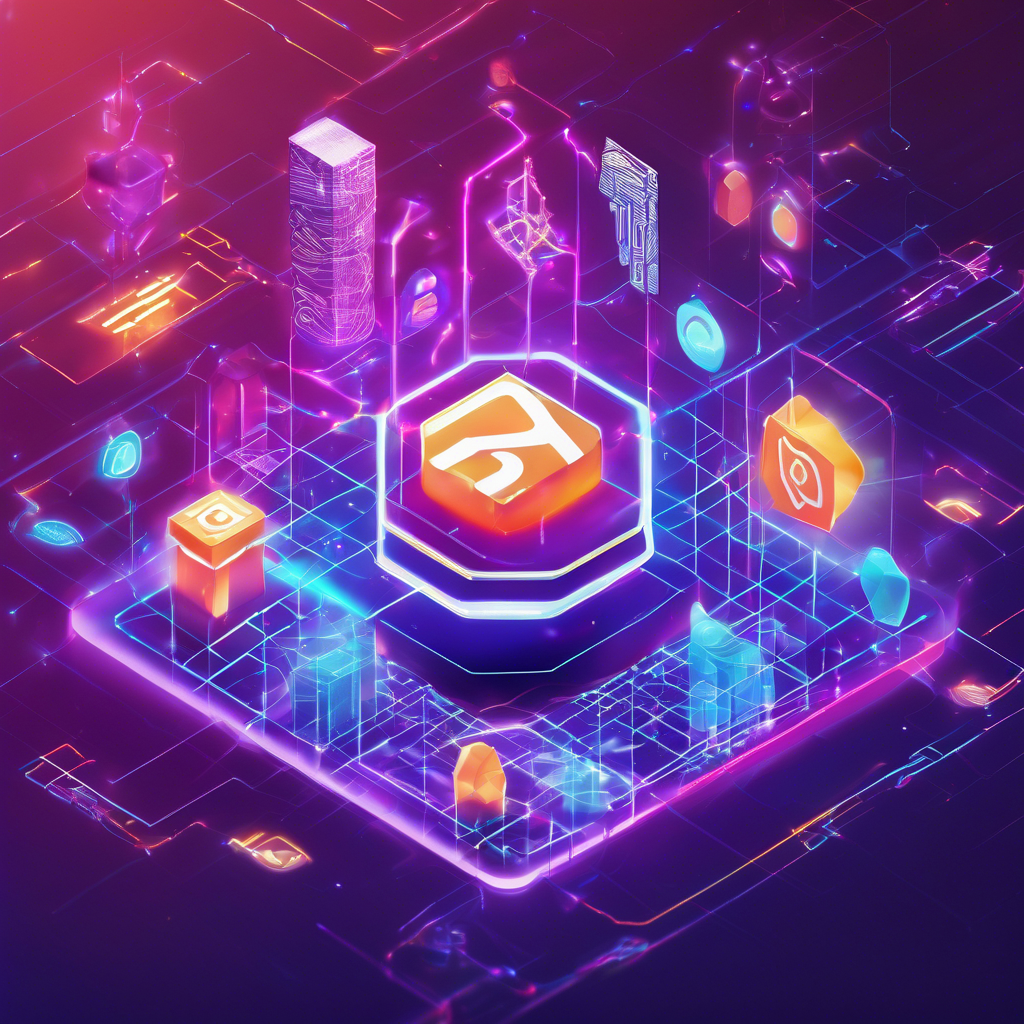The Real Potential and Limitations of Generative AI in Biomedical Science and Drug Discovery

Silicon Valley often touts generative AI as a revolutionary force poised to end disease within five to ten years—not through traditional oncology research or addressing doctor shortages, but via AI breakthroughs. Demis Hassabis, Nobel laureate and CEO of Google DeepMind, envisions AI curing all diseases soon. OpenAI recently promoted models capable of proposing and evaluating novel biological hypotheses, while Anthropic’s co-founder predicted AI could eliminate most cancers. Though these leaders clearly market their tech optimistically, is there real potential in these claims?And how might scientists practically leverage generative AI for discovery? Speaking with researchers and executives at institutions like Pfizer, Moderna, and Memorial Sloan Kettering, it’s clear AI holds promise but significant limitations remain. Even if an AI-designed drug appeared viable tomorrow, it would still face lengthy laboratory and human trials—a process AI cannot yet simulate. Alex Zhavoronkov, CEO of AI-driven drug design firm Insilico Medicine, emphasizes that drug development’s strict protocols exist for good reasons. Yet AI-driven efforts have helped design drugs passing early trials, and AlphaFold, the protein-structure-predicting AI developed by Hassabis, is widely used in pharmaceutical research. Generative AI’s impact is more akin to a faster engine than an autonomous driver in science. Broadly, two types of generative AI currently aid scientific progress. The first kind—chatbot-like tools—search and synthesize scientific literature to create useful summaries and reports. While the dream is to ask these programs complex scientific questions and receive breakthrough insights, today’s models mainly assist with information processing. Rafael Gómez-Bombarelli, a chemist at MIT, notes scientists routinely use AI tools like OpenAI’s and Google’s Deep Research products to quickly sift through papers, which is a definite workflow improvement. However, such tools can “hallucinate” false information, fabricating non-existent references or data, as computational biologist Andrea Califano discovered when ChatGPT and DeepSeek falsely cited research while aiding his manuscript. OpenAI reports its newer models sometimes hallucinate more, and these AIs excel at summarizing existing knowledge rather than generating genuinely new ideas. Gómez-Bombarelli observes that these bots struggle with true novel reasoning; trained to synthesize existing data, they falter when asked to invent. To manage hallucination risks and boost reliability, AI systems are being reframed as collaborative partners. Google’s “AI co-scientist” is a promising example: a suite of language models trained to generate and critically evaluate hypotheses in biomedical research more like a human team, using a “tournament of ideas” approach.
In one test, this co-scientist independently arrived at a breakthrough hypothesis on bacterial evolution that human researchers had derived only after years of work, highlighting AI’s potential to accelerate hypothesis generation by avoiding human biases and tunnel vision. Although the system didn’t produce radically new paradigms, it efficiently integrated vast information to match human experimental results—showing AI as a powerful complement rather than replacement for scientists. The second major AI type “speaks biology” by learning directly from experimental data such as protein structures or gene expression. AlphaFold and related models analyze far greater datasets than any human could, aiding tasks like repurposing drugs or identifying therapeutic targets. Pfizer, for instance, uses AI to discover cancer treatment targets now in testing. Generative AI also helps drug design by navigating the overwhelming number of molecular configurations to optimize factors like efficacy and side effects before lab testing. Moderna’s Wade Davis highlights the astronomically large chemical and genetic search spaces AI can help reduce. As chemical physicist Pratyush Tiwary explains, AI may never outright “discover” drugs, but it narrows the search space dramatically, boosting efficiency much like engineering software assists architects—it speeds ideation but does not replace human judgment or physical testing. Ultimately, AI’s chief value may be enhancing scientific speed and efficiency. While current AI might trim drug development timelines by a few years—from about 20 to perhaps 15—that reduction is meaningful yet modest. Limitations remain, notably that generative AI often suggests molecules that can’t be synthesized and lacks comprehensive, high-quality biological training data necessary to model complex cellular processes accurately. Computational biologist Andrea Califano stresses that formulating the right questions and curating robust data are more critical than solely designing better algorithms, since AI must start from solid knowledge it cannot yet autonomously generate. Nonetheless, hybrid human-AI collaborations are advancing. Startups like Lila Sciences and Insilico operate robotic labs guided by human scientists working interactively with generative AI to test and refine hypotheses quickly. Additionally, efforts led by the Chan Zuckerberg Initiative aim to develop AI “virtual cells” capable of simulating intricate human biology. Generating novel hypotheses is less the challenge than experimentally verifying them—a costly, time-consuming step that human researchers continue to lead. In summary, generative AI applied to biomedical science is evolving into a powerful aid for summarizing knowledge, generating testable hypotheses, and accelerating molecular design. However, it is not a magic wand that will instantly cure diseases or replace scientists. Progress hinges on careful question framing, quality data collection, and rigorous experimental validation—areas where human expertise remains indispensable. The future of AI in science lies in complementing human creativity and judgment to dramatically improve efficiency, not in fully automating discovery.
Brief news summary
Silicon Valley regards generative AI as a revolutionary force in medicine, with figures like Demis Hassabis and companies such as OpenAI and Anthropic aiming to cure major diseases, including cancer, within the next decade. However, immediate breakthroughs remain unlikely due to the complex nature of drug discovery, stringent testing requirements, and current AI limitations. AI excels in handling vast datasets, generating hypotheses, summarizing research, and suggesting testable ideas, though it is prone to errors. Tools like Google’s AI co-scientist help researchers prioritize hypotheses and reveal hidden links in infectious disease studies. Innovations like AlphaFold have enhanced protein structure prediction and drug targeting but challenges such as incomplete data and synthesis obstacles continue. Ultimately, AI boosts scientific productivity and accelerates drug development but does not replace human researchers. Success depends on asking the right questions, using high-quality data, integrating AI insights with experiments, and combining collaboration with scientific expertise in AI-driven research.
AI-powered Lead Generation in Social Media
and Search Engines
Let AI take control and automatically generate leads for you!

I'm your Content Manager, ready to handle your first test assignment
Learn how AI can help your business.
Let’s talk!

U.S Rep Tom Emmer Introduces Blockchain Bill To P…
Bill Clarifies That Developers Who Don’t Custody Funds Aren’t Money Transmitters Industry groups support the Blockchain Regulatory Certainty Act (BRCA) to help the U

OpenAI's Acquisition of Jony Ive's Startup Signal…
OpenAI has made a major advancement in its efforts to push artificial intelligence forward by acquiring the remaining shares of Jony Ive's design startup, io, in a $5 billion stock deal.

R3 and Solana Partner to Enable Tokenized Real-Wo…
R3 and the Solana Foundation have joined forces to introduce regulated real-world assets onto a public blockchain.

How an AI-generated summer reading list got publi…
Several newspapers nationwide, including the Chicago Sun-Times and at least one edition of The Philadelphia Inquirer, published a syndicated summer book list featuring entirely fictional books attributed to well-known authors.

Kraken to Offer Tokenized U.S. Stocks on Solana B…
Crypto exchange Kraken plans to offer tokenized versions of popular U.S. equities through a new product called xStocks, launched in partnership with Backed Finance.

OpenAI forges deal with iPhone designer Jony Ive …
OpenAI, the creator of the leading artificial intelligence chatbot ChatGPT, is preparing to enter the physical hardware space.

FIFA taps Avalanche to launch dedicated blockchai…
The Fédération Internationale de Football Association (FIFA) announced on May 22 that it has chosen Avalanche to support its dedicated blockchain network focused on non-fungible tokens (NFTs) and digital fan engagement.

 Auto-Filling SEO Website as a Gift
Auto-Filling SEO Website as a Gift








 Auto-Filling SEO Website as a Gift
Auto-Filling SEO Website as a Gift

